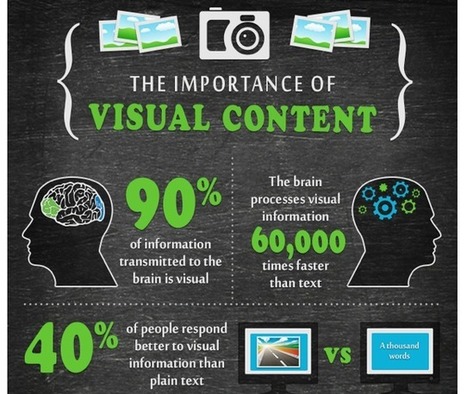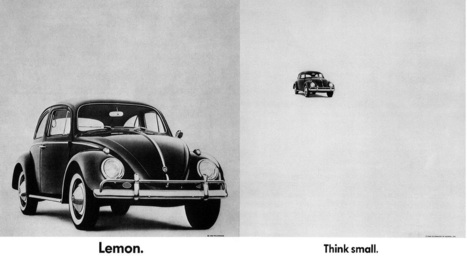Psychology and web design may seem like two very different areas with nothing in common, especially if you’re running an e-commerce site. However, if your primary goal is to increase your conversions- which it should be- knowing a few principles of behavioral psychology can help with that.
For example, “anchoring” is a decision-making strategy that shoppers use when they’re not sure how much they should pay for a product or service. When that happens, your audience looks to context clues to help make their decision, and they often end up choosing whatever the middle ground is. You can take advantage of this to boost your profits by adding an “extreme” option on the higher end of your options, thus funneling consumers towards the middle option.
You can also incorporate the principle of social herding, which states that people are more tribal than individual; instead of making decisions completely on their own, people find others with similar beliefs and values and go along with the group. Add a line to your newsletter or blog sign-up that says “Join 6,000 others and subscribe today!” to see this in action....



 Your new post is loading...
Your new post is loading...





![The Science of Persuasion [Infographic] | Hubspot | Public Relations & Social Marketing Insight | Scoop.it](https://img.scoop.it/-je8RtTInp43dDn30y0j0jl72eJkfbmt4t8yenImKBVvK0kTmF0xjctABnaLJIm9)









Add emotions and get better Facebook results.